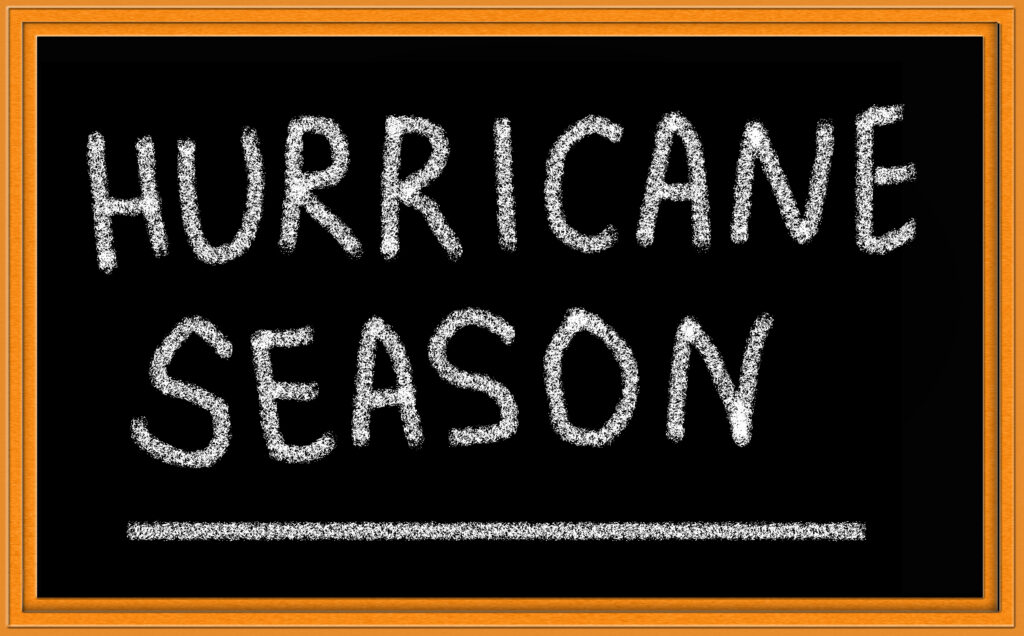In the wake of the devastation caused in the southeast U.S. by Hurricane Helene, multiplied in Florida particularly by the arrival of Hurricane Milton not even two weeks later, many families in the DMV are concerned about being ready for similar storms making their way up the coast. As climate change continues to increase the intensity and frequency of extreme weather events, and systemic progress on halting or reversing it hits legislative blocks around the world, preparation for such dangers is more important than ever. Collected below are links and resources you can use to educate and prepare your family for potential future hurricanes in our area.
Important Hurricane-Readiness Resources
- The CDC’s Prepare Your Health webpage breaks down disaster readiness into four steps, each with advice on elements of readiness you might overlook when focusing on the essentials. Planning ahead, staying calm, keeping informed and staying connected are all covered, to ensure your whole family is ready for any challenge that may come.
- The CDC’s Take Action webpage provides concrete steps you can take to increase your readiness for storms, from lists of supplies for gathering to skills you and your family can learn in order to be able to handle situations where basic amenities are out of service.
- Learn what foods are safe to keep in the event of a storm taking away power, and the proper method of sanitizing and preserving food in the event of a power outage or flood.
- If you or a family member is disabled, check out these special preparation guides, which provide similar information to the guides above, but tooled specifically to consider the specific needs and challenges of people with a range of disabilities.
- Learn how to operate a fire extinguisher. It can feel odd to learn how to use a fire suppressant to prepare for a hurricane of all things, but downed power lines, intense lighting and overwhelmed emergency services are a dangerous combination, and being ready for a fire is always a good skill.
- Check out this infographic on preparing your home for a hurricane, providing a good overview of the key steps you can take to minimize damage to your home. Also available in Spanish.
- Familiarize yourself with floodwater safety, which involves more than just the initial surge. Whether you’re trying to evacuate or dealing with floodwater in your home, this page looks to explain how you can avoid drowning, electrocution, infection and other flood-related risks.
- Learn about FEMA’s options for housing assistance. The financial strain of surviving a hurricane, of evacuating your home or apartment can be prohibitive without aid, and being unable to meet those costs can be deadly. FEMA’s assistance provides options for those who can’t afford surge- or even standard- hotel pricing when looking for lodging in an emergency.
The FEMA App will allow you to stay updated on weather alerts in real time while also providing advice on common hazards and helping you locate local emergency shelters.
Learn Even More
- NOAA (The National Oceanic and Atmospheric Administration) has a broad collection of resources on what to do before, during and after hurricanes, as well as a tracker you can use to see what storms in the Atlantic are likely to form, exist or where existing ones are moving.
- Ready.Gov is the definitive source of information for preparedness when it comes to any disaster, from hurricanes, to home safety, to even space weather. If there’s anything you can’t find in the above links, it’s probably somewhere in here.
- FEMA’s General Disaster Information webpage provides information about how disasters get declared, how FEMA responds to them and summary reports of their operations.



